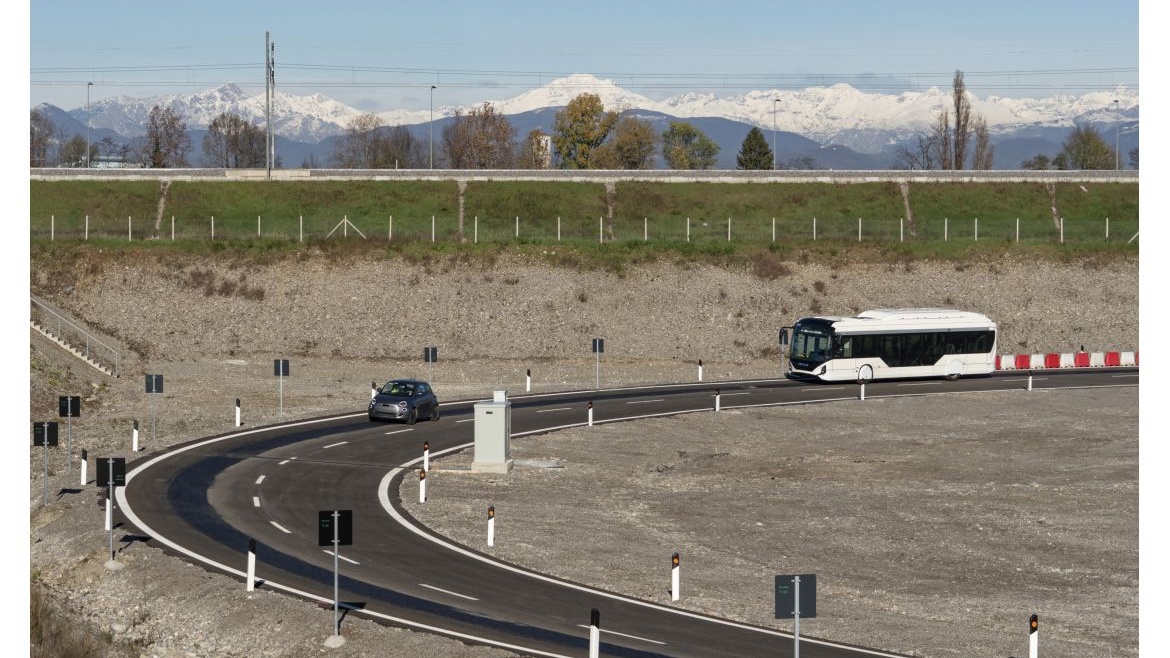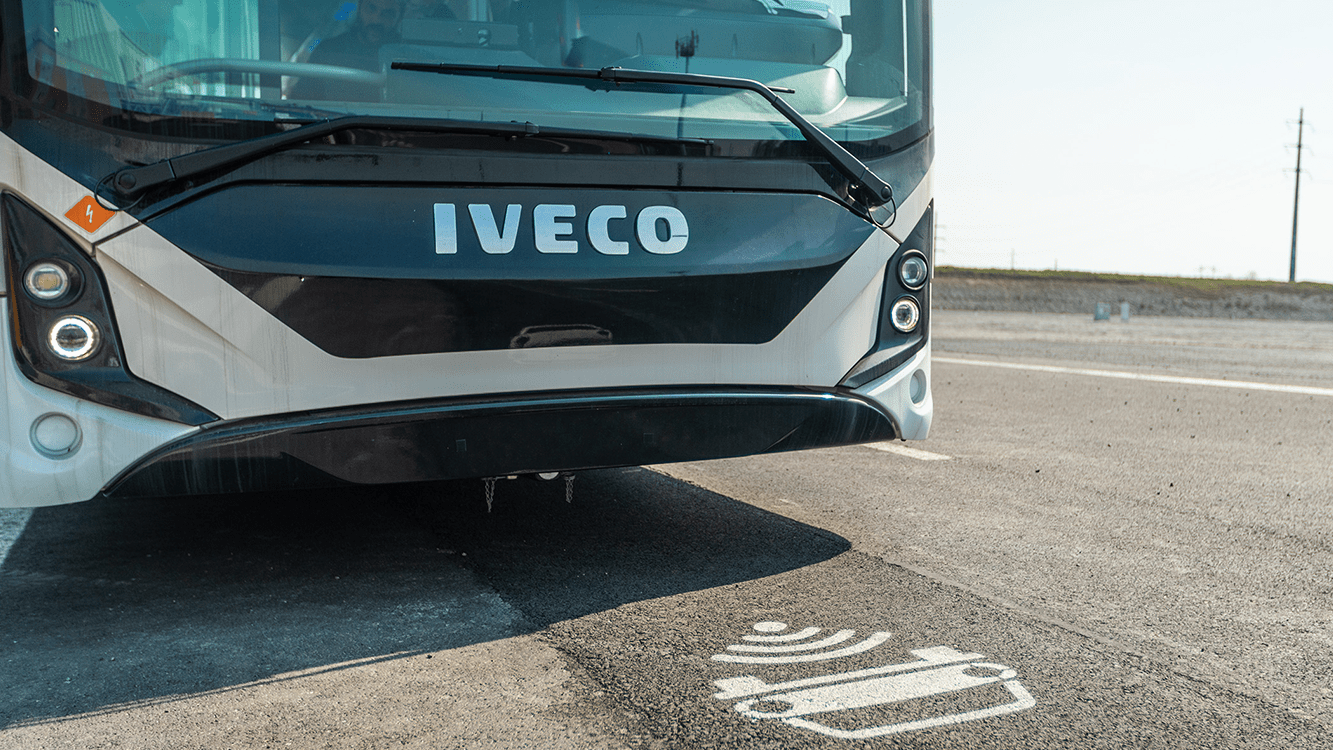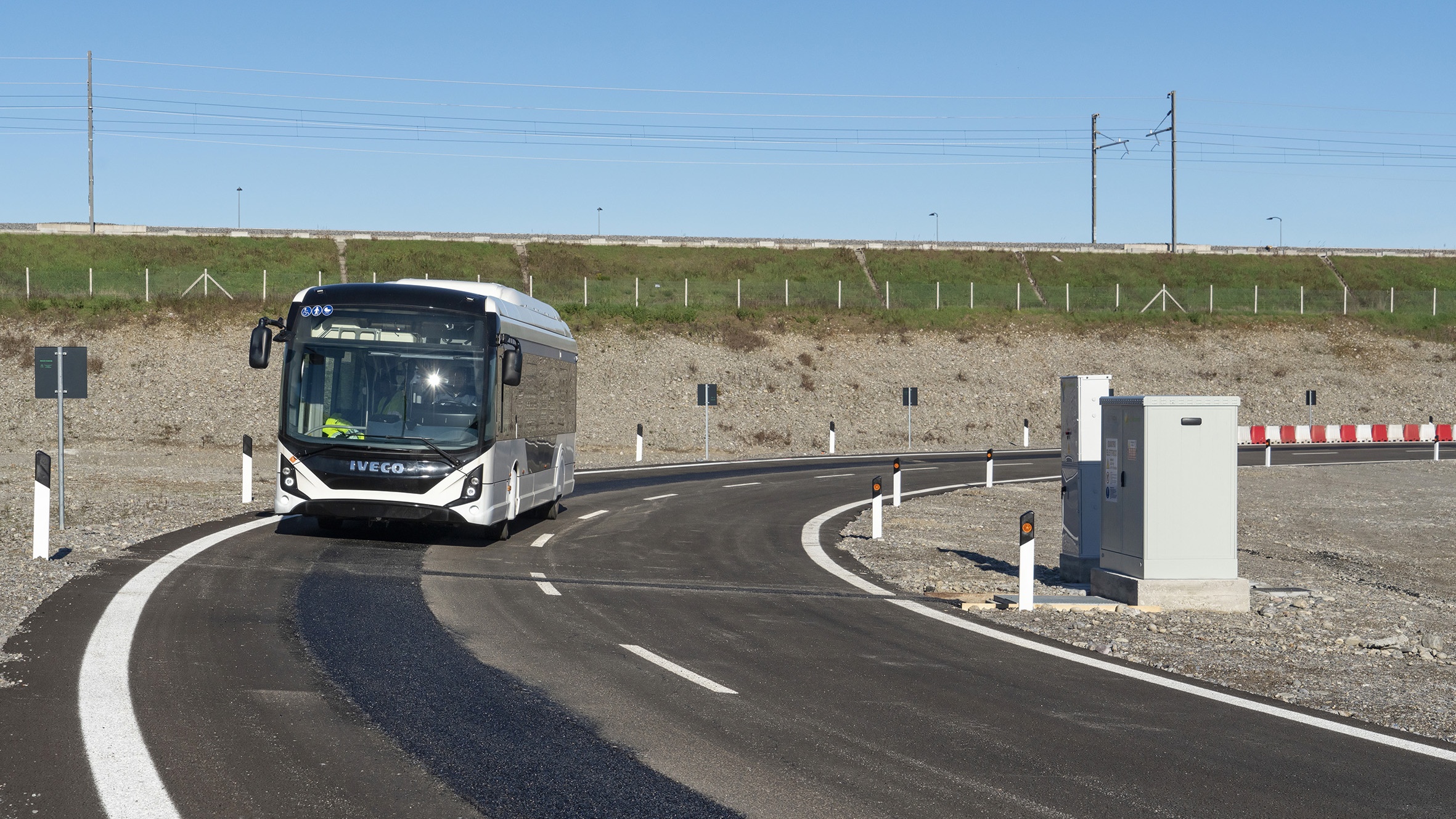EVs could be charged by the very streets upon which they're driven - It isn't sci-fi
Stellantis, Ivesco testing it

As the electric vehicles (EVs) market evolve there has been some interesting research going on in the direction of batteries and charging --- the two main areas of concern from the public perspective. Just the other day we saw the Dutch company Lightyear working on a solar car (an EV with solar panels) that need not be charged for --- wait for it --- 7 months.
And now we have Stellantis --- the company behind 14 different top automobile brands in the world, including Chrysler, Dodge, Fiat, Jeep and Maserati --- along with the electric bus manufacturer Iveco and a clutch of other companies working on a technology in which coils positioned under dedicated lanes will transfer energy directly to cars, trucks and buses without the need to stop at charging stations to refill the battery. Named Dynamic Wireless Power transfer (DWPT) system, it will wirelessly recharge EVs as they travel over the specially equipped road lanes.
What more, based on the initial results, Stellantis says the DWPT tech may "power our electrified future".
Who are all behind this project?

This project, which was launched in May 2021, aims to demonstrate the effectiveness and efficiency of charging electric vehicles using contactless dynamic inductive currents. The technology being tested is a potential 'range extender' for all types of electrified vehicles, passenger cars, buses and trucks, and can be used by both electric and fuel cell vehicles.
Tests were carried out on a 1 km asphalt circuit powered by inductive currents, with the vehicle reaching speeds of over 70 km/h and receiving 75kW of electrical power. These test conditions were claimed to be very close to real conditions. Inductive energy transfer of DWPT means there are no exposed cables, keeping the road surface safe for people to walk on.
The pilot project is coordinated by A35 Brebemi, a company owned by the global transportation infrastructure operator Aleatica that focuses on sustainable and innovative mobility solutions.
Aside from the biggies Stellantis and Iveco, Israeli company ElectReon, ABB, the chemical group Mapei, the storage provider FIAMM Energy Technology and three Italian universities are involved in this project.
Sign up for breaking news, reviews, opinion, top tech deals, and more.
How the tests were conducted?
Stellantis, in a statement, announced that the testing was successfully demonstrated at the specially laid 'Arena del Futuro' (Arena of the Future) circuit in Chiari (Brescia), Italy. During the tests at the track, which was built last year, the first results were validated.
Stellantis said it is now possible for a BEV to drive at typical motorway speed without using up the energy stored in its battery. The test drives were carried out with an electric Fiat 500 and an Iveco bus equipped with inductive charging technology from Israeli company ElectReon. In the next step, a converted Maserati will also be charged inductively while driving.
The benefits of inductive dynamic charging include improved energy efficiency in vehicles, a reduction in the number of batteries needed, increased cargo and passenger capacity, extended average battery life, and reduced stopping time for recharging. In addition to being useful on roads and motorways, it is also suitable when combined with other infrastructures like harbours, airports, and parking lots.

The companies involved in the tests also claim that the efficiency of the energy flow from the asphalt to the car is comparable to the typical efficiency of fast-charging stations. Also, they said the measurements of the magnetic field strength had proven that there was no impact on the driver and passengers.
Iveco Bus said it contributed to the project with a 12-metre electric E-WAY, retrofitted with the necessary connectivity and recharging technology.
"Induction charging technology also has exciting potential for commercial vehicles and could become an effective infrastructure platform for all e-mobility systems, not just purely electric vehicles," it added.
The new charging technology also used 5G, IoT (Internet of Things) and AI-based application solutions to facilitate the exchange of information between the vehicle and the system management platform, increasing road safety and travel efficiency.

Over three decades as a journalist covering current affairs, politics, sports and now technology. Former Editor of News Today, writer of humour columns across publications and a hardcore cricket and cinema enthusiast. He writes about technology trends and suggest movies and shows to watch on OTT platforms.